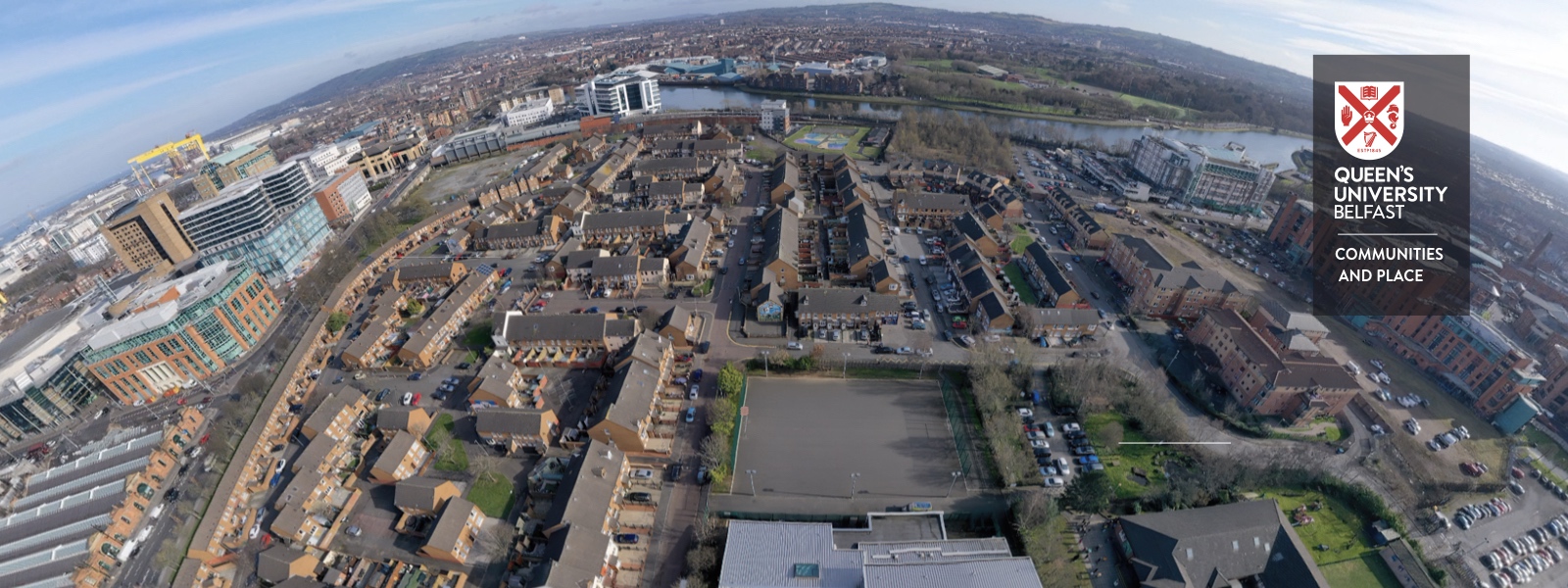Collaborating for Impact Conference: Place-Based Change in Education
QCAP participated in the Collaborating for Impact conference on 5th June, which focused on place-based change in education.
(1).jpg)
The event was organised by THRiVE Newtownabbey, led by Claire Humphrey (Barnardo’s NI) and Dr Karen Orr, and held at Stranmillis University College. The conference convened politicians, policymakers, and service providers to emphasise the importance of collaboration and listening to parents, children, and young people.
The conference aimed at exploring innovative approaches to mitigate the impact of poverty on children, young people, families, and communities. Themes included effective implementation, collaborative investment, collective impact, whole community and place-based approaches, and evidence-informed practice.
Several NI Ministers, including the education minister, expressed support for place-based approaches and cross-departmental collaboration. They highlighted the necessity of such methods in addressing educational underachievement and enhancing children's lives.
QCAP was invited to a roundtable session as an example of place-based collaboration, sharing insights from their initiative as an anchor institution for NI. Dr Gareth Robinson, QCAP’s dimension lead for education, discussed key aspects of QCAP's approach:
"Relationships are paramount; it is vital to offer time, build trust, and review regularly. Data's importance cannot be overstated, particularly how quickly local information can be translated into interventions using QCAP’s data tools. Commitment to partnership, with long-term, flexible, and sustained funding, is crucial as community dynamics evolve much faster than in big research institutions like Queen’s or government departments."
Delegates were asked to consider the following conference calls to action:
PLACE: Advocate for a place-based change approach in policy and practice, including the Programme for Government.
PEOPLE: Promote meaningful and equitable engagement of all community stakeholders, including children and young people, in implementing place-based approaches.
PROCESS: Call for systemic changes in funding, implementation, and impact infrastructures to support place-based approaches.
As QCAP continues to support and engage with communities, we remain committed to addressing educational inequalities through collaborative and evidence-based methods. We invite all interested parties to follow our progress and join us in making a positive impact alongside our community partners.

